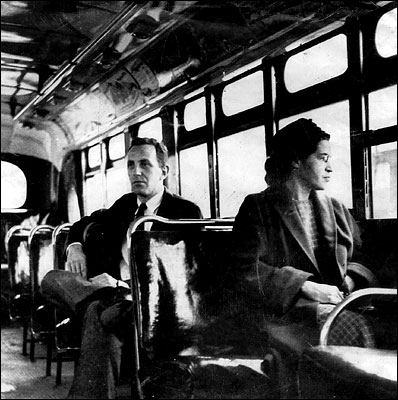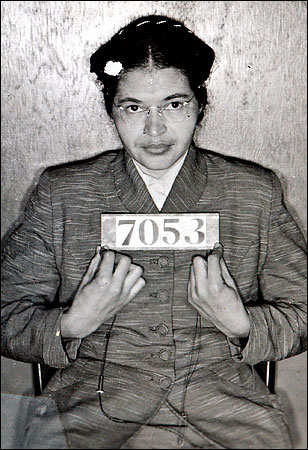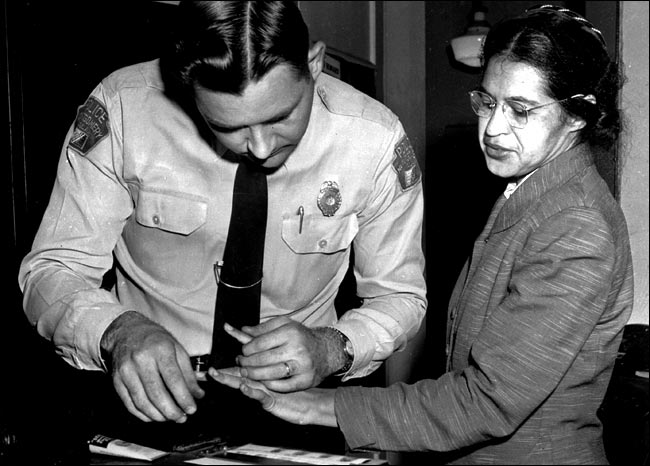Alan Gura is not only a stud, but he has some big clanking balls.
Hey, @MotherJones @sidhubaba, how is this story is.gd/tXiZEU turning out so far? kthxbye
— Gura & Possessky (@GuraPossLaw) March 31, 2012
by Bryan Strawser ·
Alan Gura is not only a stud, but he has some big clanking balls.
Hey, @MotherJones @sidhubaba, how is this story is.gd/tXiZEU turning out so far? kthxbye
— Gura & Possessky (@GuraPossLaw) March 31, 2012
by Bryan Strawser ·
From the conclusion to Florida v HHS:
The existing problems in our national health care system are recognized by
everyone in this case. There is widespread sentiment for positive improvements
that will reduce costs, improve the quality of care, and expand availability in a way
that the nation can afford. This is obviously a very difficult task. Regardless of how
laudable its attempts may have been to accomplish these goals in passing the Act,
Congress must operate within the bounds established by the Constitution. Again,
this case is not about whether the Act is wise or unwise legislation. It is about the
Constitutional role of the federal government.For the reasons stated, I must reluctantly conclude that Congress exceeded
the bounds of its authority in passing the Act with the individual mandate. That is
not to say, of course, that Congress is without power to address the problems and
inequities in our health care system. The health care market is more than one sixth
of the national economy, and without doubt Congress has the power to reform and
regulate this market. That has not been disputed in this case. The principal dispute
has been about how Congress chose to exercise that power here.
by Bryan Strawser ·
The money quote from today’s ruling in Florida v HHS:
It is difficult to imagine that a nation which began, at least in part, as the result of opposition to a British mandate giving the East India Company a monopoly and imposing a nominal tax on all tea sold in America would have set out to create a government with the power to force people to buy tea in the first place.
by Bryan Strawser ·
Just as the court found in DC v Heller about two years ago, this morning, the United States Supreme Court upheld the meaning of the Second Amendment. This time, by incorporating this right against state and local government, and declaring that it is indeed a “fundamental right”.
The New York Times puts it this way:
Justice Samuel A. Alito Jr., writing for the majority, said the right to self-defense protected by the Second Amendment was fundamental to the American conception of ordered liberty. Like other provisions of the Bill of Rights setting out such fundamental protections, he said, it must be applied to limit not only federal power but also that of state and local governments.
The ruling is an enormous symbolic victory for supporters of gun rights, but its short-term practical effect is unclear. As in the Heller decision, the justices left for another day just what kinds of gun control laws can be reconciled with Second Amendment protection. The majority said little more than that there is a right to keep handguns in the home for self-defense.
Some folks like to tell me I’m naive about some things, but generally I have always read the Constitution for what it is, the highest law in the land… and in my world that means “shall not be infringed” means… well, shall not be infringed.
Now that the two landmark cases are out of the way – DC v Heller where we learn the Second Amendment really is an individual right, and MacDonald v. Chicago, where we learn it truly is a fundamental right, I’m curious how the court begins to interpret these two rulings in the context of the morass that is state, local, and federal firearms laws.
Of course, the New York Times editorial board has a few thoughts on the matter that won’t be in line with my own….
by Bryan Strawser ·
“Are you going to stand up?” the bus driver asked.
“No,” Parks answered.
“Well, by God, I’m going to have you arrested,” the driver said.
“You may do that,” Parks responded.

We shall overcome.
We shall overcome.
We shall overcome some day.

Oh, deep in my heart.
I do believe
We shall overcome
some day.

by Bryan Strawser ·
Yesterday’s New York Times covers the Court of Appeals for the District of Columbia ruling that military commission trials are fair under the Constitution:
Judge Robertson had held that the commissions could not go on because they did not provide minimally fair procedures and violated international law. His conclusion threw into doubt the legal proceedings devised by the administration to deal with hundreds of suspected terrorists captured by the United States in Afghanistan during the military campaign that toppled the Taliban following the attacks of Sept. 11, 2001.
President Bush has declared all Taliban and Al Qaeda fighters to be unlawful enemy combatants, and as such not entitled to be treated as legitimate prisoners of war.
Critics of the administration have argued that the military commission trials do not afford all the legal protections that courts-martial do. But in the appeal upheld today, the administration argued that the commission trials were fair – and not incidentally a vital part of its war on terrorism – and that since the stateless Qaeda terror network had never signed the Geneva Convention, its members were not entitled to the protections afforded prisoners of war, which include the right not to be put on trial for hostilities.
Administration lawyers had argued that Judge Robertson, in conferring Geneva Convention protections on Mr. Hamdan and by extension others like him, had “put terrorism on the same legal footing as legitimate methods of waging war.”
Those “legitimate methods,” as described in the Convention, include wearing uniforms to distinguish fighters from civilians and prohibitions against making civilians targets. The administration argued that Al Qaeda fighters had openly defied the Convention.
The court also ruled that Al Qaeda fighters were not prisoners of war – they were illegal combatants.
Take that.
by Bryan Strawser ·
When we began putting together our DVD collection after joining the DVD revolution late, there were two documentaries that I wanted in that collection. Ken Burn’s incredible The Civil War.. and Eyes on the Prize, the documentary about the civil rights movement.
I remember watching Eyes on the Prize in school in the late 1980s or early 1990s – for a few days during a history class. I don’t think there’s ever been a more poignant documentary about life in these United States – and one that every person should watch to understand the Civil Rights Movement. Course, I also think that history classes should travel to Fort McHenry in Baltimore to hear the story of Francis Scott Key, to the North Bridge in Concord, Massachusetts to see where all of this began, and to Little Round Top near Gettysburg where Joshua Lawrence Chamberlain and the 20th Maine held the line and saved the Union army.. but I’m known to have rather extreme views.
That said, apparently I won’t be buying a DVD set of Eyes on the Prize, because of some overstrung copyright laws, as reported in today’s Boston Globe:
“EYES ON THE PRIZE,” the epic 1986 documentary series on the civil rights movement, contains a scene showing Martin Luther King Jr. on his 39th birthday — his last — in 1968. King, who was trying to take on poverty and the Vietnam War simultaneously, was under tremendous stress at the time, and his staff sang ”Happy Birthday” in an attempt to cheer him up.
But the producers of ”Eyes” almost had to leave the scene out of the finished documentary. ”Happy Birthday,” as it turns out, was copyrighted in 1935 and, following the Sonny Bono Copyright Extension Act of 1998, will remain so until at least 2030. Filmmakers have been known to pay $15,000 to $20,000 for just one verse, according to a recent report on documentary clearances issued by the Center for Social Media.
The song ultimately stayed in the film, but don’t plan on celebrating King’s birthday tomorrow by going to your local video store to buy a copy of ”Eyes on the Prize.” Thanks to rights restrictions on archival material used in the documentary, the 14-hour chronicle tracing the civil rights movement from the Montgomery bus boycotts in the 1950s to the rise of black mayors in the 1980s can no longer be released in new editions or shown on television. PBS’s right to air the film expired in 1993. Meanwhile, the VHS edition has gone out of print and a DVD release would require relicensing. (Complete sets of used videos are currently going for as much as $1,000 on Amazon.)
The problem goes beyond one documentary. ”We are crippling the story-telling of our own culture by the rigidity of our copyright interpretation,” says Patricia Aufderheide, who cowrote the Center for Social Media report ”Untold Stories,”
I’m friends with many artists and photographers and even a few cartoonists – I fully respect their views on copyright and share many of them. But issues like this just frustrate the hell out of me.
Let’s do the right things for Eyes on the Prize…